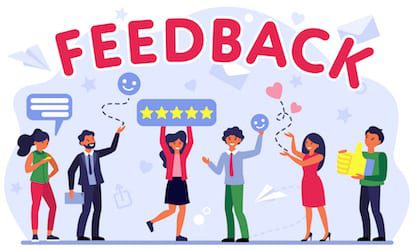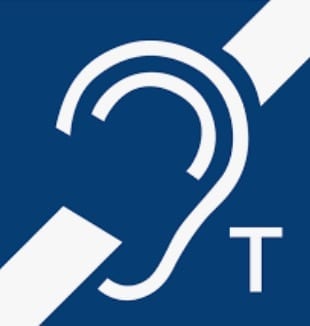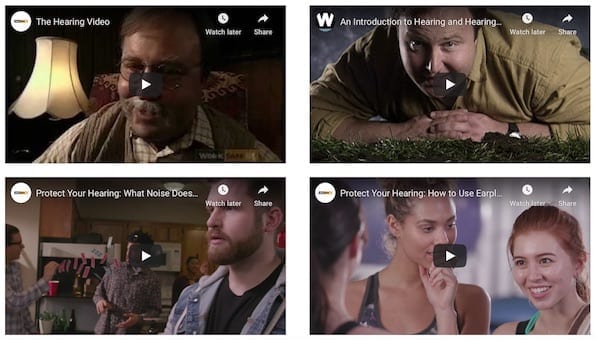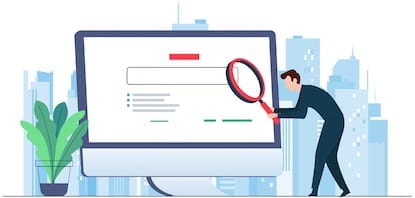The importance of hearing
We rely on our hearing for so much of our daily life. It is not something we have to learn, it is something we just do. It helps us to stay connected to the outside world and it keeps us safe by warning us of potential danger.
Whatever activity we are doing, walking in the countryside, playing sport, moving about a town or city, or just talking with our favourite people, we are surrounded by sound.
Being able to hear everyday sounds enables us to socialise, work and communicate.
Looking after your hearing health
Sometimes hearing loss can come on suddenly, and sometimes it is a gradual process. What is important is if you notice your hearing has changed suddenly, or you have any of the common signs of hearing loss, you should talk to your GP. The GP may refer you to an audiologist for a hearing test.
Several factors can lead to hearing loss, including
A build-up of earwax
An infection
Taking some medication
The aging process
Exposure to loud noises
Safe sound
One of the best ways that you can prevent hearing loss is to understand the impact of exposure to noise.
The Health and Safety Executive state that,
“The level at which employers must provide hearing protection and hearing protection zones is now 85 decibels (daily or weekly average exposure) and the level at which employers must assess the risk to workers’ health and provide them with information and training is now 80 decibels.”
Reading this you might think that noise really only affects people working in noisy environments such as factories and building sites, but this is not the case.
As we go about our normal daily lives, we encounter many sounds that are at or above the HSE guidance for safe levels. If we are exposed for longer than the maximum recommended period, we are running the risk of temporary or permanent hearing loss and tinnitus.
Search the internet and you will find a lot of information on how loud is loud.
Here are some everyday situations which are all above the HSE 85 decibels threshold, along with an idea of the maximum exposure time.
How can I protect my hearing ?
The main way of protecting your hearing is to reduce your exposure to loud noise.
Avoiding exposure
- As a rough guide, it is likely that it is too noisy if you have to shout or raise your voice to talking to others.
- When using headphones or buds to listening to music etc, use noise cancelling or noise isolating headphones. These types of headphone actively block some or all of the noise from outside, thereby reducing the volume that you will need.
Protecting your hearing when attending loud gigs and concerts
- Move away from loudspeakers
- Take frequent breaks
- Wear earplugs – the Worksafe video on our video page has some great tips on how to use earplugs
Get your hearing tested
If you’re worried you might be losing your hearing, get a hearing test as soon as possible. The earlier hearing loss is picked up, the earlier something can be done about it.
We generally accept that we need an eye test every two years. Think of your hearing in the same way and organise a regular test.
What can you do if you have hearing loss?
Many people who become aware that their hearing is changing don’t know what to do, with the result that they do nothing until their hearing begins to cause them real problems.
Taking action earlier can save years of unnecessary isolation and can make the solutions more effective.
It also helps families, friends and colleagues to understand and adapt to the situation if they can be aware, informed and included.
If you have experienced any changes in your ears or hearing, please don’t leave it – speak to your GP who might advise you to request a free hearing test from a qualified NHS provider.
Hearing aids
If you need hearing aids, your NHS qualified provider may be able to prescribe high quality hearing NHS hearing aids and batteries for free. If you prefer, you can purchase your hearing aids from a high street provider without going through the NHS, but it’s a good idea to try the NHS ones first.
Remember, though, that hearing aids are not a cure. They will help you to hear speech more clearly but it might take some time to get used to them. Your brain will need to adapt to hearing again those normal background sounds like the rustling of a crisp packet.
But with time, patience and perseverence, you will get used to them and start to feel the benefit.
Your audiologist should offer you a follow up review a few weeks after you get your new hearing aids, this will give you the opportunity to discuss any issues that you have.
Your audiologist should offer you regular check-ups to have your hearing aids tweaked as your hearing changes. You will also learn how to clean and maintain your hearing aids and how to use the different settings.
The NHS website www.nhs.uk contains lots of information about hearing, what causes hearing loss, how to prevent it and how to treat it.
Useful videos
We have some wonderful videos available on our video page courtesy of Worksafe which include –
‘The Science of Hearing’
‘How does intensity and exposure make noise hazardous?’
‘How noise-induced hearing loss affects you’
‘How to protect your hearing’
Click on the pictures below to visit the video page.
 Top Tip
Top Tip
Why not download a free decibel meter on your smart phone to measure the noise around you?
Open your device’s app installer and search for ‘decibel meter’
If you have an Apple device, search in the App Store.
If you have an Android device, have a look for your Google Play App.
More information
There are several national organisations which are free to use and provide advice about living well with hearing loss and tinnitus, whatever your age. The major ones are:
National Health Service www.nhs.uk
RNID www.rnid.org.uk
Hearing Link www.hearinglink.org
British Tinnitus Association www.tinnitus.org.uk
Our Resources section has a wealth of information for you, your friends/family and your organisation. We include charities, support groups, classes, campaigning organisations, recycling and much more.

We welcome your feedback on this page!
What do you like ?
What else would you like to see ?
What improvements can we make ?

The charities RNID and Hearing Link have some great resources on how you can get used to your hearing aids. Both also have confidential advice lines.
We have included several personal stories about getting used to hearing aids in the resources section.
Other Assistive Technology
It is possible to buy other devices to help you hear better, when there is background noise. Many link up with bluetooth devices.
- Alarms and Door bells
- Technology to help you hear over the phone
- Technology to help you enjoy the TV better
Some can be purchased with your hearing aids, and some can be purchased from the leading charities such as Hearing Link or private providers.
 As everybody’s hearing loss is different, gadgets that work well for one person may not be so good for someone else. We recommend that where possible you ask to purchase any equipment on a sale or return basis.
As everybody’s hearing loss is different, gadgets that work well for one person may not be so good for someone else. We recommend that where possible you ask to purchase any equipment on a sale or return basis.
Hearing or Induction Loop
 Many hearing aids are fitted with the Induction Loop or 'T' setting. Loops are often found in public places such as theatres, cinemas, shops and banks. The Loop system send the sound directly to your hearing aids, and cuts out background noise, helping you to hear more clearly.
Many hearing aids are fitted with the Induction Loop or 'T' setting. Loops are often found in public places such as theatres, cinemas, shops and banks. The Loop system send the sound directly to your hearing aids, and cuts out background noise, helping you to hear more clearly.
*See the downloadable brochure in Resources for more information about assistive technology and how to use the Hearing (Induction) Loop for both hearing aid wearers and frontline teams.
Support Groups
There are likely to be several support groups in your area. The groups are normally run on a voluntary basis by people who are in a similar situation to you. Talk to the help desks of the major hearing charities about groups that are operating in your area. The Link-up sessions offered by Hearing Link are particularly worthwhile.
Lip Reading
Everybody lipreads but for people with hearing loss, lipreading is an essential skill. Reading the different lip shapes and facial movements will help you to fill in some of the speech that you have missed.
Some Local Authorities offer free lip reading classes, and in some areas local charities offer classes (sometimes free, sometimes for a fee). These will help you to hone your skills and provide superb assistance and insight from professional tutors.
 We have a couple of great insights into Lip Reading from both a lip reading tutor, and one of her students. Please take a look at the Stories section in the Resources.
We have a couple of great insights into Lip Reading from both a lip reading tutor, and one of her students. Please take a look at the Stories section in the Resources.
In the Resources section, we have included a link to the Association of Teachers of Lipreading to Adults where you can find local lipreading tutors and a website where you can practice lipreading skills.
Take Time out
 If you have hearing loss you will most likely find that the process of listening to others is exhausting. Many people say that taking time out during the day gives them the opportunity to re-charge. You can do this in a favourite chair in a corner of a room, or somewhere else that is away from other people. Let others know when you are taking time out so that you will not be disturbed.
If you have hearing loss you will most likely find that the process of listening to others is exhausting. Many people say that taking time out during the day gives them the opportunity to re-charge. You can do this in a favourite chair in a corner of a room, or somewhere else that is away from other people. Let others know when you are taking time out so that you will not be disturbed.
 We have developed some self-help tips which you can download from our Resources section.
We have developed some self-help tips which you can download from our Resources section.
Remember – be kind to yourself as nobody hears correctly all of the time!





